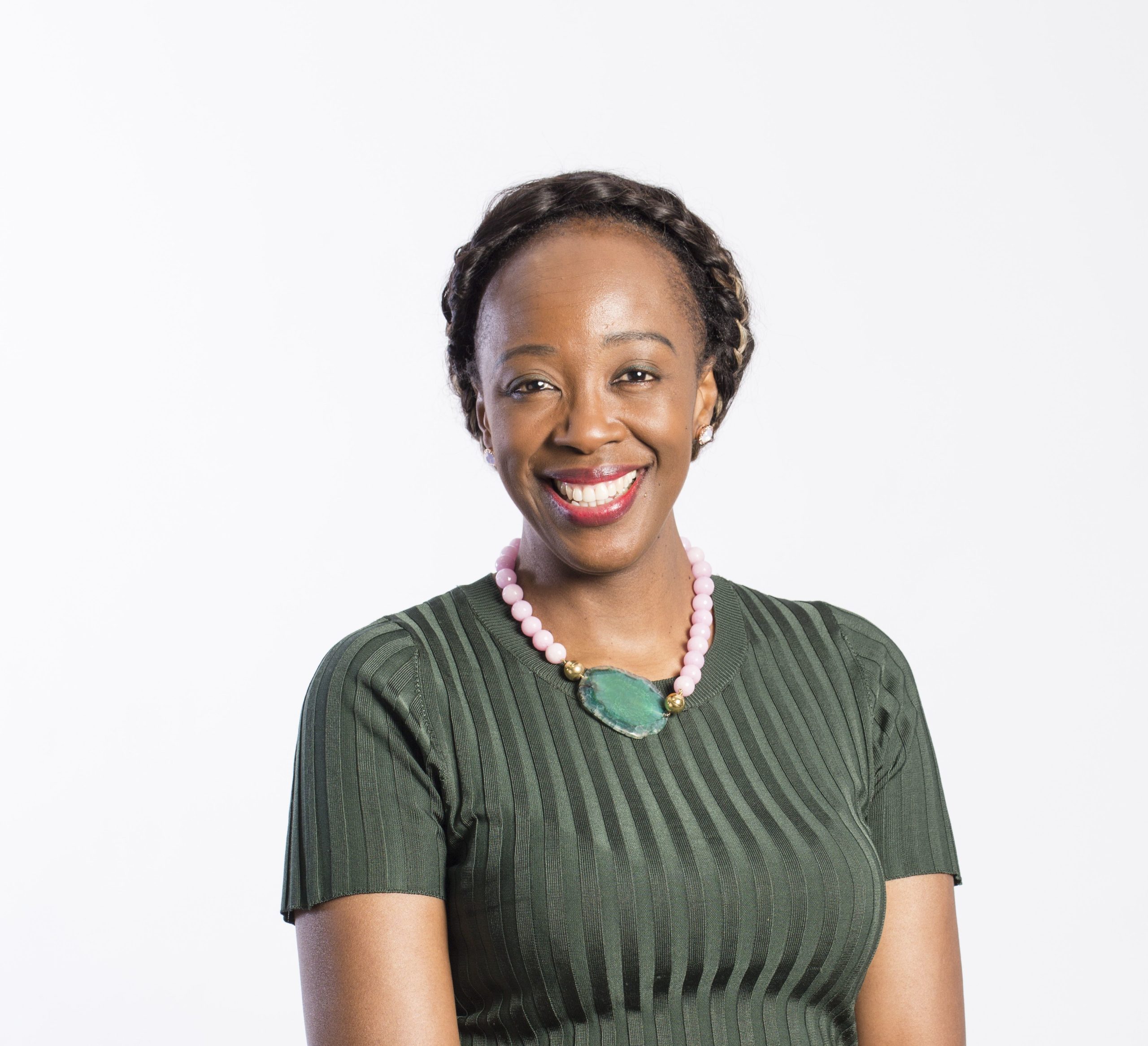With corporate South Africa still reeling from the ongoing impact of the Covid-19 pandemic at the start of 2021, one of the areas which has been brought into sharp focus again is a leader’s role in flattening the current Covid-19 curve.
When leaders are confronted with uncertainty and disruption on a daily basis the Helen Keller quote, “Alone we can do so little; together we can do so much” has never been more relevant. Lindiwe Miyambu, Group Executive for Human Capital of African Bank, says the current pandemic has necessitated a revision of the capabilities required by our current leaders. She refers to the concept of Antifragility, developed by Professor Nassim Nicholas Taleb in his book, Antifragile. Antifragility is a property of systems that increase in capability to thrive as a result of stressors, shocks, volatility, noise, mistakes, faults, attacks, or failures.
Miyambu explains that it is all about leaning into complexity and uncertainty and then getting better as a result. “Resilience resists shocks and stays the same. The good news is our brains are actually wired for this, so the big question has been how do we adapt as leaders to this new reality?”
Zooming in on Psychological Safety
She emphasises that one of the most important practices by leaders, has been creating psychological safety: “The greatest asset of any company is its people – whether its employees, its customers, its suppliers and vendors – all people contribute to a great organisation and consistently reinforcing Covid-19 protocols is key to creating a sense of comfort and confidence, enabling corporate teams to focus on collaboration, innovation and the ability to adapt.” Last year so many companies were forced to adapt the ways in which they render a service in order to protect their people and customers. This year is no different as we battle with the second spike. “It is one’s ability to do this effectively that will ensure that we are ready to respond to the challenges that will shape our foreseeable future.”
Miyambu says the next lesson is practicing daily mindfulness and talking about meaning and purpose at the start of each meeting. “This is so important to build confidence in one’s team and also to manage team energy. Engaging and inspiring others to see more than just the problems before them has become a priority for leaders who need their teams to see the possibilities within the problems.” She reveals that at African Bank they have really worked hard to increase the connectedness between the different teams and to encourage a diversity of views. “When you are operating in a new normal, it is important to step outside of one’s comfort zone while still respecting the vulnerability of your people. We have learnt such valuable skills over the last 10 months which will increasingly be necessary to face the challenges which lie ahead.”
Safety Comes First
In the current climate, physical safety is also a non-negotiable priority. This extends, not only to one’s staff, but also to all corporate suppliers, vendors and contractors. “Leaders have needed to step up and find ways of applying the same security protocols that apply to staff to suppliers, contractors and vendors so everyone can go about their business with peace of mind. It has also necessitated a look at the impact of Covid-19 on some of the smaller businesses doing business with an organisation and finding ways to support them through this challenging time.”
Miyambu says many businesses have also needed to review their CSI strategy and have had to reprioritise some of their planned technology-driven partner activities, focusing rather on the facilitation of food relief and Covid-testing.
“2020 has shown us that change is the only constant. How we respond to change will determine the future of our organisations. The higher our adaptability quotient the more likely an organisation will be to adjust and thrive in an environment of change. One thing is clear, everyone has a responsibility in this process from one’s Exco, to one’s Covid task teams, leaders and staff. Agility, adaptability, transparency and empathy are essential qualities for today’s leaders. We all need to continue to learn, unlearn and relearn in order to grow and adapt,” she concludes.

